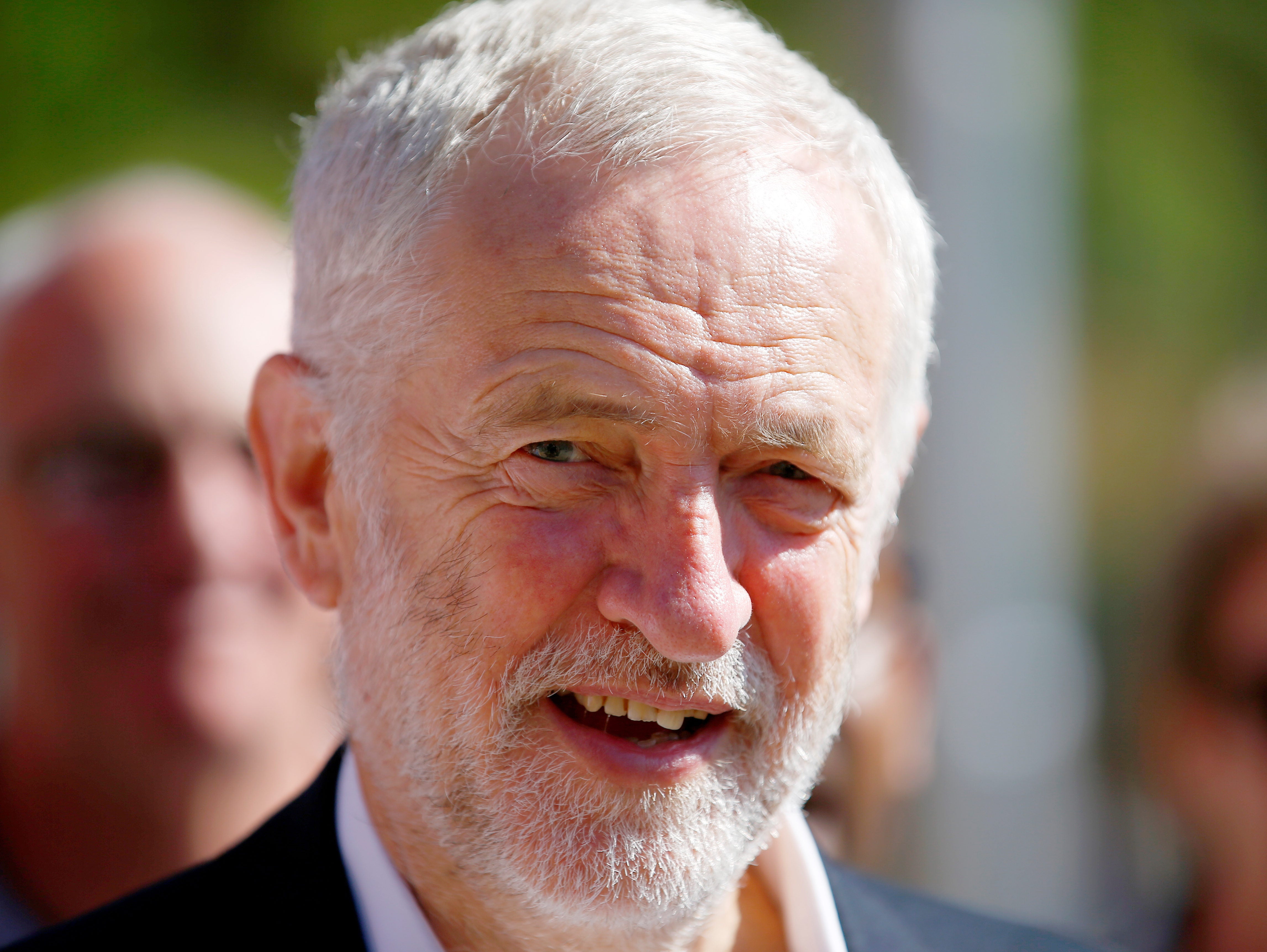
Labour leader Jeremy Corbyn is expected to propose turning some news organisations into charities in order to help boost their funding when he delivers a speech at the Edinburgh TV Festival on Thursday.
Corbyn is due to say that the country needs “bold, radical thinking” on the future of its media and outline several proposals, including a new digital licence fee for the BBC, as he delivers the Alternative MacTaggart Lecture.
He is set to say that granting charitable status for some local, investigative and public interest journalism outfits would “greatly help pioneering not-for-profit organisations, like the Bureau of Investigative Journalism, to fund their vital work through tax exemptions, grants and donations”.
“The best journalism takes on the powerful, in the corporate world as well as the Government, and helps create an informed public,” Corbyn is due to say.
“This work costs money. We value it but somehow that doesn’t translate into proper funding and legal support.”
Another of Corbyn’s ideas for funding public interest journalism is set to include “tapping up the digital monopolies that profit from every search, share and like we make”, such as the likes of Facebook and Google.
“Google and news publishers in France and Belgium were able to agree a settlement,” he is due to say.
“If we can’t do something similar here, but on a more ambitious scale, we’ll need to look at the option of a windfall tax on the digital monopolies to create a public interest media fund.”
The Opposition Leader is also expected to suggest expanding the Freedom of Information Act to include private firms delivering public services, while also removing ministers’ ability to veto an FOI release.
Corbyn is due to say that without major changes in the media, a “few tech giants and unaccountable billionaires will control huge swathes of our public space and debate” and that journalists need to be “set free to do their best work, not held back by media bosses, billionaires or the state”.
Corbyn, a former chairman of the National Union of Journalists’ Parliamentary Group who briefly worked on Shropshire Star sister title the Newport and Market Drayton Advertiser newspaper after leaving school, is also set to propose a number of reforms to the BBC.
He is expected to argue for:
- Funding for the Local News Partnership – which pays for the pool of new Local Democracy Reporters – to be made available to local and investigative news co-operatives with a mandate to report on local authorities
- Giving staff and local licence-fee payers the ability to elect BBC Board members, with minimum representation for women and minority groups
- Improving transparency around the make-up of the BBC workforce with the publication of equality data, including for social class, for all BBC content creators
- Putting the BBC on a “permanent statutory footing to end “Government control” through Royal Charter renewal
- The creation of a new independent body to set the BBC licence fee
- The introduction of a new digital licence fee, funded by tech giants and internet service providers
On this last point, Corbyn is expected to say: “A digital licence fee, supplementing the existing licence fee, collected from tech giants and internet service providers, who extract huge wealth from our shared digital space, could allow a democratized and more plural BBC to compete far more effectively with the private multinational digital giants like Netflix, Amazon, Google and Facebook.
“This could also help reduce the cost of the licence fee for poorer households.”
Broadcast journalists have been told they cannot set up their own news cameras to record Corbyn’s speech tomorrow, although pool footage is set to be provided.
Initially this was to be supplied by the festival’s own cameras, but Channel 4 News correspondent Michael Crick has since said there are now plans to let in one TV news camera to share footage with all broadcast outlets.
Although, Crick added: “I still can’t see why they don’t let news cameras in from any broadcaster who turns up.”
Picture: Reuters/Henry Nicholls
Email pged@pressgazette.co.uk to point out mistakes, provide story tips or send in a letter for publication on our "Letters Page" blog
